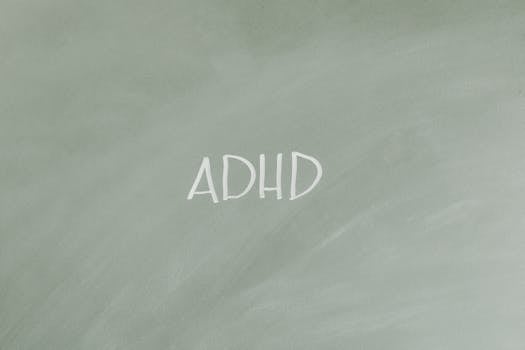
Understanding Schizophrenia: Symptoms, Causes, and Treatment
Schizophrenia is a chronic and severe mental illness that affects a person's ability to think, feel, and behave clearly. It's a complex condition with a wide range of symptoms, impacting daily life significantly. This article aims to provide a comprehensive overview of schizophrenia, addressing its symptoms, potential causes, and available treatment options.
Symptoms of Schizophrenia:
Schizophrenia symptoms are broadly categorized into positive, negative, and cognitive symptoms.
- Positive Symptoms: These are additions to normal behavior and experience. They include:
- Hallucinations: These are sensory perceptions that occur without an external stimulus. Auditory hallucinations (hearing voices) are the most common, but visual, tactile, olfactory, and gustatory hallucinations can also occur.
- Delusions: These are fixed, false beliefs that are not based in reality. Common delusions include paranoia (belief that others are plotting against them), grandiose delusions (belief of inflated self-importance), and somatic delusions (belief about physical health).
- Disorganized thinking and speech: This may manifest as loose associations (jumping between unrelated topics), tangential speech (straying from the main point), or neologisms (creating new words).
- Disorganized or abnormal motor behavior: This can range from agitation and restlessness to catatonia (immobility or unusual postures).
- Negative Symptoms: These are subtractions from normal behavior and experience. They include:
- Flat affect: Reduced expression of emotions.
- Alogia: Poverty of speech; speaking very little or in a monotonous way.
- Avolition: Lack of motivation or interest in activities.
- Anhedonia: Inability to experience pleasure.
- Social withdrawal: Reduced interaction with others.
- Cognitive Symptoms: These affect cognitive functions like attention, memory, and executive function. They include:
- Difficulty concentrating: Trouble focusing attention.
- Memory problems: Impaired short-term and working memory.
- Poor executive function: Difficulty planning, organizing, and problem-solving.
- Genetics: Family history of schizophrenia significantly increases the risk. While no single gene causes schizophrenia, multiple genes contribute to susceptibility.
- Environmental factors: Exposure to viral infections during pregnancy, complications during birth, and exposure to toxins have been linked to an increased risk. Stressful life events can also trigger or worsen symptoms.
- Neurobiological factors: Brain imaging studies have shown abnormalities in brain structure and function in individuals with schizophrenia. Imbalances in neurotransmitters, particularly dopamine, are also implicated.
- Medication: Antipsychotic medications are the cornerstone of treatment. They help reduce positive symptoms, and some newer medications also address negative symptoms. These medications work by affecting neurotransmitter levels in the brain.
- Psychotherapy: Cognitive behavioral therapy (CBT) can help individuals manage their symptoms, cope with stress, and improve their overall functioning. Social skills training can improve social interaction and relationships.
- Psychosocial support: This includes family therapy, vocational rehabilitation, and supportive housing. These interventions aim to improve the individual's quality of life and help them reintegrate into society.
Causes of Schizophrenia:
The exact cause of schizophrenia is unknown, but it's believed to be a complex interplay of genetic, environmental, and neurobiological factors.
Treatment for Schizophrenia:
Treatment for schizophrenia typically involves a combination of medication, psychotherapy, and psychosocial support.
Living with Schizophrenia:
Schizophrenia is a lifelong condition, but with appropriate treatment and support, individuals can manage their symptoms and lead fulfilling lives. Early intervention is crucial for improving long-term outcomes. Support groups and peer support networks can also provide valuable assistance and reduce feelings of isolation.
Seeking Help:
If you or someone you know is experiencing symptoms of schizophrenia, it's essential to seek professional help immediately. Early diagnosis and treatment are vital for improving prognosis and quality of life. Contact your doctor, a mental health professional, or a local mental health organization for assistance.
Keywords: Schizophrenia, mental illness, psychosis, hallucinations, delusions, positive symptoms, negative symptoms, cognitive symptoms, antipsychotic medication, CBT, treatment, causes, genetics, environment, neurobiology, support, recovery.


